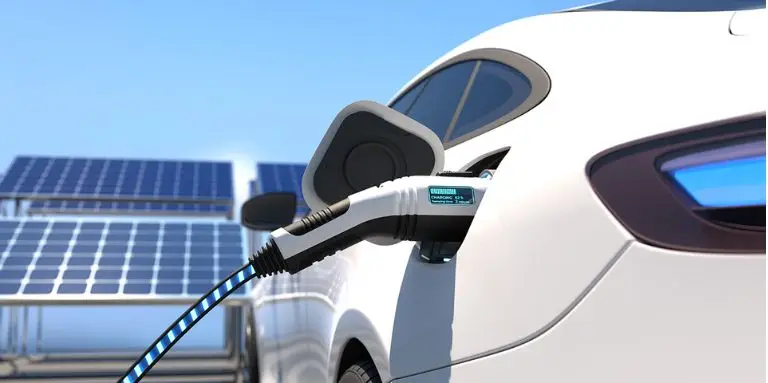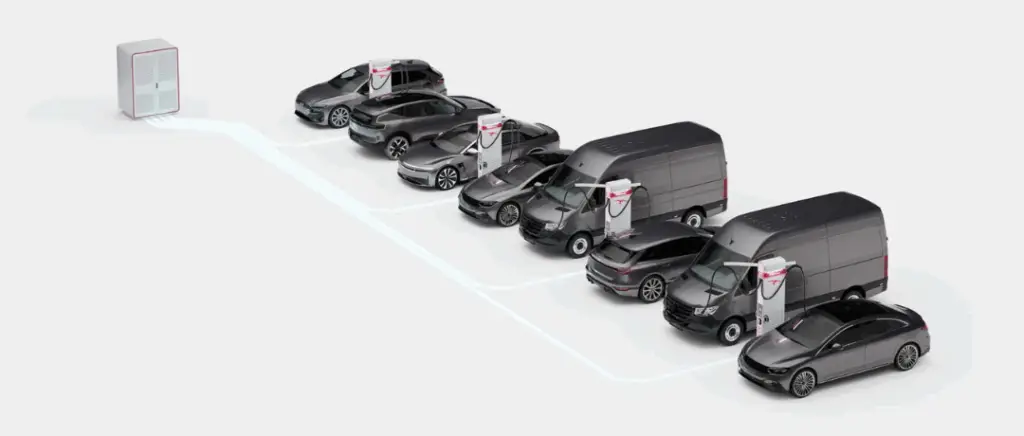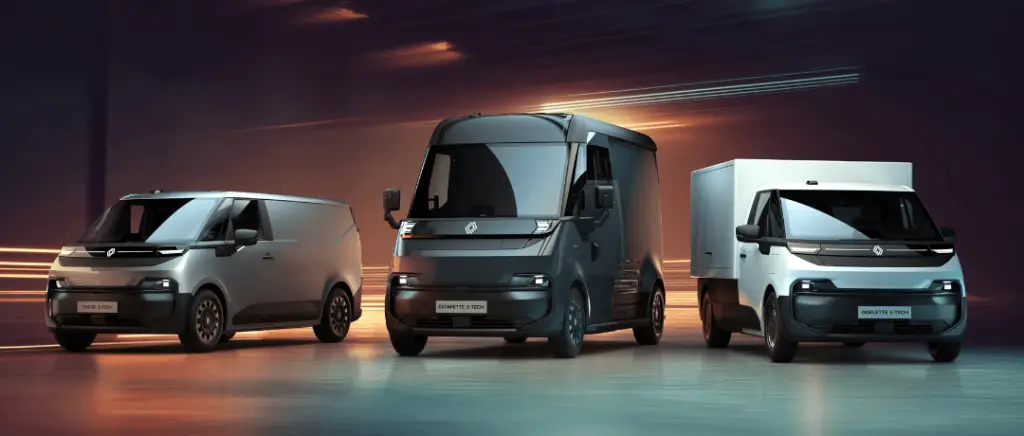Finance Act 2025: what is it all about?
The Finance Act 2025 is the annual budget textpresented each autumn, setting the financial and fiscal guidelines for the French State for the coming yearwith a particular focus on :
- tax revenues,
- public spending,
- and national priorities.
More specifically, this 2025 budget strategy focuses this year on :
- Maintaining the momentum for ecological transition,
- Optimising the public finance management,
- Le support for the agricultural sector in its recovery phase,
- La rationalisation of State expenditure for greater efficiency,
- Le restoring social finances and thecommunity involvement.
- And a a budgetary effort of 60 billion euros to restore public finances.
Tabled in the National Assembly on 10 October 2024 and adopted by the Council of Ministers, the Finance Bill for 2025 aims to reduce the public deficit to 5 % of GDP by 2025 and below 3 % by 2029.
Consolidation initiatives will mainly target public spendingwhich represent almost 57 % of GDP in Francecompared with less than 50 % on average for all European countries in 2024.
Worth noting The debates currently underway in the Assembly are leading to constant changes to the text, but certain major points are emerging in theawaiting a final vote by the end of the year.
This year, the ecological transition and the support for the electrification of vehicles are at the heart of the debateHowever, the budgetary adjustments reveal significant constraints.
The bill, under pressure from deficit reduction targetsincludes cuts in support for the purchase of electric vehiclesThe aim is to rationalise public spending while adapting incentives to the growing maturity of the clean vehicle market. Green taxation is also becoming tougher.
Decrease in the budget allocated to electric mobility
Against the backdrop of a slowdown in the automotive market, the sales of electric vehicles rose by 6 % in the first 9 months of 2024. However, this growth will be much less marked than in 2023, the year in which the registrations jumped by 45 1TP3Q.
To consult : Slowdown or new start? Electric car sales
This is due in particular to a environmental bonus decreasing from year to year. This financial incentive is gradually being reduced and now only includes electric vehicles produced in Europe: set at €5,000 in 2023it is rising to €4,000 in 2024 for individuals and €7,000 for businesses. for the most modest householdsin crowding out professionals that same year to be eligible for this aid, who was initially entitled to €3,000.
Read more : Tax on Chinese electric cars: the impact on Europe
This trend is likely to continue in 2025. In 2024, the funds allocated to aid for the transition of the car fleet amounted to 1.5 billion euros. Gabriel Attal, who was still Prime Minister at the time, announced a reduction of 500 million euros for the following year. However, the reduction will ultimately be more pronounced, with the executive confirming that only 700 million euros will be dedicated to helping the French make the ecological transitionThis is less than half of the 2024 budget.
This dynamic reflects the government's intention to "rationalise and simplify support schemes for the purchase of clean vehicles"as suggested by Matignon.
However, there are a number of reasons for this, 650 million is the amount represented by social leasing in 2024 (including the ecological bonus) for 50,000 registered electric vehicles, as well as a €13,000 subsidy per household.
💡Good news Social leasing will be renewed for 2025. However, the budget will inevitably be reduced, with offers likely to be less attractive than in 2024 and potentially stricter eligibility conditions.
To consult : An electric car for €100 a month?
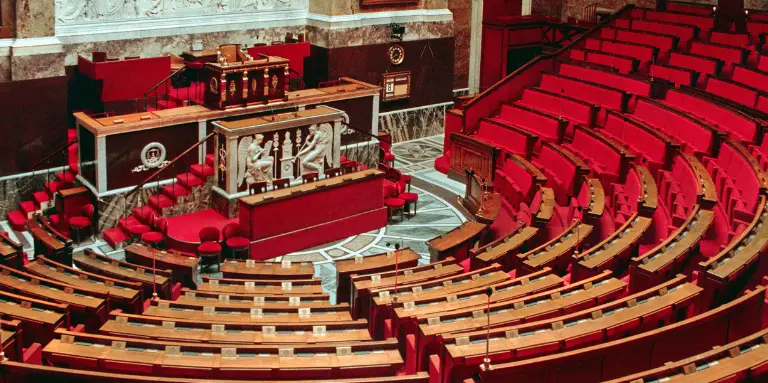
What are the forthcoming electrical modifications?
As part of the 2025 Finance Act, a number of adjustments are planned for the electric vehicle sector in France. As a reminder, these changes aim to redirecting incentives and balance the budget while remaining part of a ecological transition logic.
However, it is important to remember that a A decree will be published by the end of the year on the distribution of the budget and therefore of the new subsidies allocated..
So here are the main potential changes to come.
A reduced ecological bonus
As a reminder, the ecological bonus is a financial assistance set up by the government to encouragepurchase of less polluting vehiclesin particular electric cars. The aim of the scheme is to reducecarbon footprint of new vehicles by encouraging consumers to opt for more environmentally-friendly models.
To be eligible for the ecological bonus, the following conditions must be met:
- have the status of :
- an adult natural person with a residence in France,
- or be a a legal entity with an establishment in France,
- or a state administration for certain specific types of vehicle,
- acquire or lease a vehicle new motorised land vehicles under a one-year contract. minimum duration of 2 years.
Worth noting From 1 January 2023, an individual can only benefit from the ecological bonus for the same category of vehicle once every 3 years.
However, someThe major changes come into force on publication of the decree.
La half of the least well-off in Francefrom decile 1 to decile 5 (i.e. a reference tax income per unit of less than €16,300), will see their bonus increase from 7.000 à 4.000 €. In other words, this reduction represents a loss of €3,000.
For the wealthier households2 new levels of support have been introduced:
- 3.000 € for those of 6th to 8th income decile (compared with €4,000 previously)
- i.e. a tax income of reference per unit less than €26,200
- 2.000 € for the bottom 2 deciles (i.e. 9th and 10th), being the majority of households buying electric cars
- or a reference tax income per unit more than €26,200
- or a reference tax income per unit more than €26,200
But that's not all: the 900 bonus for electric quadricycleslike the Citroën Ami, is deleted, as well as aid for light commercial vehicles (VUL).
However, theacquisition of VUL will be made easier thanks to a new "support system financed by Energy Saving Certificates (ECCs), which is independent of the 2025 Finance Bill.
Worth noting A tolerance measure will apply to vehicles already ordered but not yet deliveredprovided that their delivery before the end of February 2025.
The professionals will not be eligible for this new bonusThe same applies to 2024.
As a reminder Only models that comply with the environmental score will remain eligible for the bonus.
The aim of this change would be to keep public finances under control and better target households with a real need for financial support to access electric mobility. For example, the bonus had cost the State more than €1.7 billion by 2023.
As a result, the government has stated that the budget allocated to this aid will be strictly respected this year, amounting to 700 million euros.
Indeed, "The government is keen to ensure that the allocated budget is strictly adhered to" in a "difficult budgetary context" says the Ministry of Industry.
These adjustments are governed by Decree no. 2024-1314 of 29 November 2024, published in the Journal officiel, which can be consulted at here.
A conversion premium abolished
La conversion premiumformerly known as the "scrappage bonus", is a financial aid to encourage the replacement of old, polluting vehicles with more environmentally-friendly modelssuch as electric or hybrid cars. This bonus, which is the second most important form of assistance after the ecological bonus, complements other schemes to make the purchase of low-polluting vehicles more financially accessible.
The latter was currently allocated to :
- buyers of new or used electric vehicles,
- up to €5,000 depending on the reference tax income per unit.
- and buyers of low-emission used vehicles (Crit'Air 1)
- up to €3,000 depending on the reference tax income per unit.
However, this aid has been impacted by the government's cost-cutting measures and this bonus is excluded from the 2025 budget.
Nevertheless, the abolition of the conversion premium could weaken the law "The aim is to encourage the re-use of vehicles to promote sustainable and socially responsible mobility in local areas.
Adopted by Parliament in March 2024The aim of this law is to recover vehicles benefiting from the conversion premium in order to offer them for hire at reduced prices to people in economic or social difficulty.
Good to know : Beyond adjustments to the ecological bonus and abolition of the conversion premiumFor companies, it is essential to take account of the new tax constraints, particularly in terms of depreciation. TheNon-deductible depreciation of passenger cars in 2025 could have a direct impact on the overall cost of ownership. (TCO) of business vehicles.
See also our article :
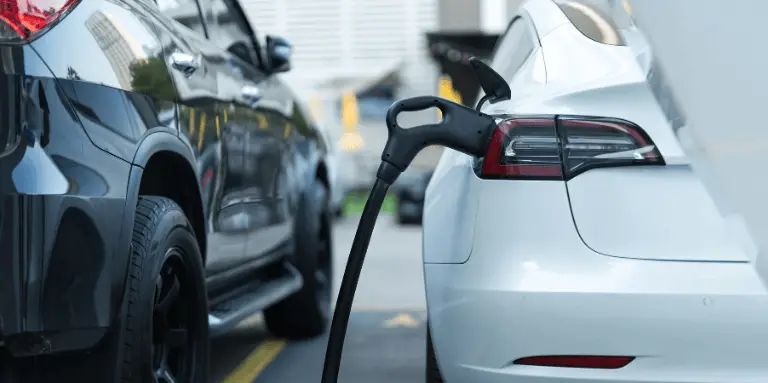
A ecologic malus A tougher 2025?
Never two without three, the ecological malus is likely to get tougher. From 1 January 2025, the the CO₂ emission threshold triggering the penalty could be lowered to 113 g/km instead of 118 g/kmThis represents a significant reduction on the previous limits. However, thehe tightening of the environmental penalty has so far been rejected by the National Assembly.
To encourage the energy transition of the car fleet, the malus on CO₂ emissions applicable to passenger vehicles will be strengthened.
Executive member of the PLF 2025
The emissions threshold will be gradually lowered over the next 3 years:
- 113 g/km from 2025compared with the current 118 g/km
- 106 g/km from 2026compared with 113 g/km
- 99 g/km by 2027compared with 106 g/km
At present, the scale of the ecological penalty for 2024 is as follows:
- For 118 g/km of CO₂ : 50 €
- For 130 g/km of CO₂ : 310 €
- For 150 g/km of CO₂ : 2 049 €
- For 170 g/km of CO₂ : 8 770 €
- From 194 g/km of CO₂ The malus reaches the €60,000 ceiling
Read on for more details : 2024 Ecological Surcharge: the new official scale for the car surcharge
At the same time, the the maximum amount of the malus could increase by €10,000 a year. Set at €60,000 in 2024 for vehicles emitting more than 194 g of CO₂ per kilometre, it will reach €90,000 by 2027.
While around 40 % of vehicles were subject to the malus (CO₂ and/or weight) in 2023, this share will rise to 80 % of registered vehicles in 2027.
Mobilians, trade union representing the automotive professions
According to data from Mobilians and Dataneo (an analyst of mobility data), the average malus was :
- 803 in 2023,
- 1,543 in 2025,
- 2,008 in 2026,
- then €2,524 in 2027.
According to the same sources, in 2023, this system enabled the State to raise around 630 million euroswith a total of 462.5 million for the first 9 months of 2024. All in all, revenue could reach :
- 2.21 billion in 2025,
- 3.27 billion in 2026,
- 4.44 billion in 2027.
In other words, this would represent a increase of 606 % compared with 2023a 7-fold increase in revenue.
However, MPs rejected this new measure in the National Assembly with 128 votes in favour. We shall see what happens in the coming weeks. To make up for this, the government could maintain this future increase in the ecological penalty by using the 49.3.
As a reminder, Article 49.3 of the French Constitution allows the Prime Minister to make pass a bill without a formal vote by the National Assembly. In other words, it engages the responsibility of the government on a text, and if no motion of censure is tabled, the law is considered adopted.
Conclusion
La The Finance Act 2025 is likely to shake up the world of electric mobility in France. With support for the purchase of electric vehicles being cut back, many motorists face an uncertain future.
To compensate for the budget cuts planned for 2025, the government could introduce new mechanisms with energy saving certificates, aimed at supporting the French in their ecological transition. However, details of this possible support were not given.
Faced with these changes, it's essential to surround yourself with reliable, appropriate solutions. This is where Beev comes into play. By offering flexible and affordable leasing solutions for electric vehiclesBeev helps its customers to transition to greener mobilityWe're here to help you make the right choices, while skilfully navigating a rapidly changing tax environment. Whether you are an individual or a company, Beev is the partner you need to turn these challenges into opportunities.
To find out more, explore our other articles on blog and find out how Beev can simplify your transition to electric.
Monday to Friday, 9am to 12.30pm and 2pm to 7pm































